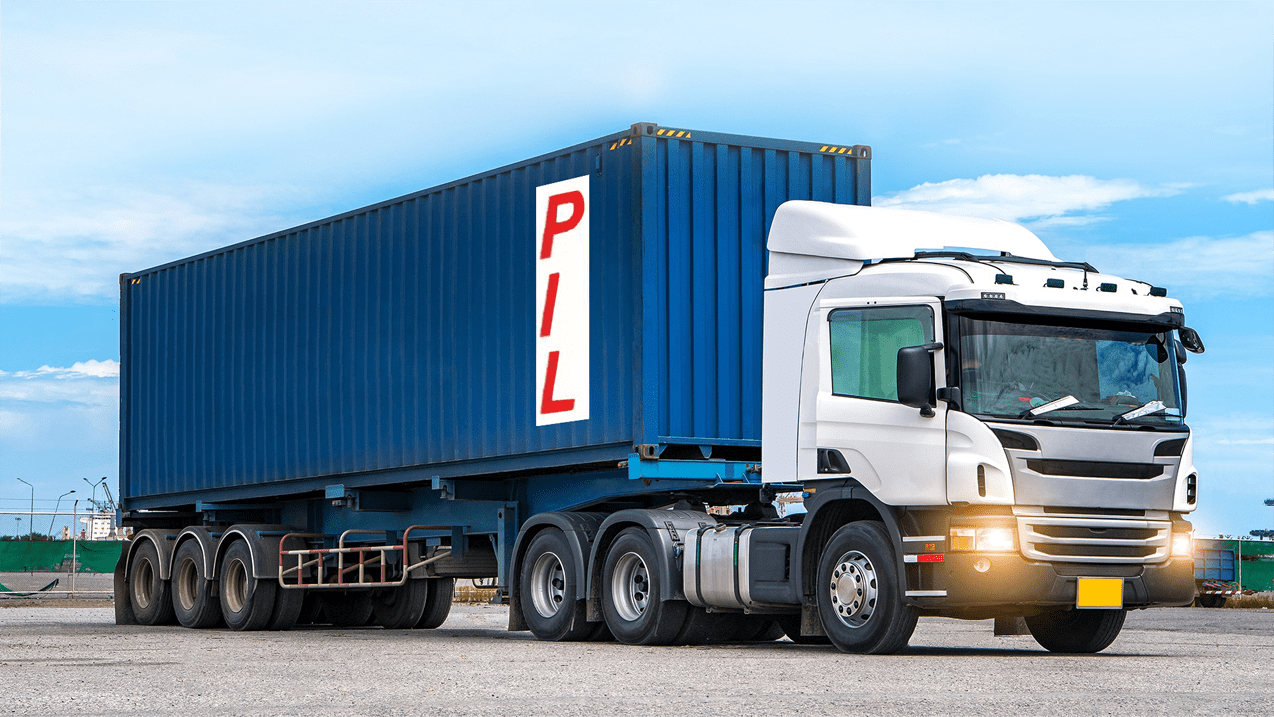
Re-Use your containers onto another booking
Avoid going to the empty container park by using our Re-Use service where you can book an import container for your export needs. Saving you time and money in transport costs.
Learn more
Exchange your containers with other companies
Looking to find or get rid of a container? Widen your search by collaborating with transport companies near you. You can offer or request empty containers and eliminate the need to transit through depots.
Learn more


A central neutral platform
Providing you with more opportunities for container triangulation
Currently partnering with 19 shipping lines across 11 markets




A simple solution for every business
The MatchBox Exchange digital platform enables all key industry players to Re-Use and Exchange shipping containers between themselves – reducing transport costs and delays and improving productivity.
Discover how the MatchBox Exchange platform can benefit your business:
Why 1500+ users have adopted MatchBox Exchange

Along with this, the program’s clean interface makes it incredibly easy
to use and allows us to exchange boxes without having to contact the shipping line.”
Jack Norton
Operations


Making sure that we are doing less of everything. It has been a huge value to the business.”
Shaun Johnshon
General Manager


There is no better word than “awesome”. A truly useful platfom for us to use.
Chutiwat Jaokasikorn (Aum)
Assistant Managing Director


Kenny Chua
Manager

Ong Jun Wei
Transport Manager


Nick Sloot
Despatcher

Find out how much costs we can save you with our






